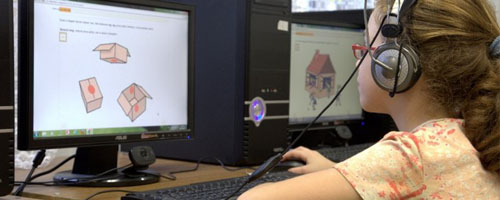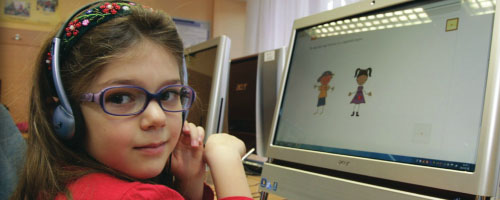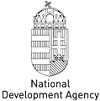Developing frameworks for diagnostic assessment in grades 1-6 in the domains of mathematics, reading and science
With the contribution of Hungarian and foreign experts the development of frameworks for diagnostic assessment in grades 1-6 was completed in all the three main domains. These frameworks ensure and ensured the theoretical background for the development of the tests of the item bank that is to be constructed in each domain and enables the paper-based diagnostic assessment. The frameworks have been published in the form edited volumes both in Hungarian and English languages.
Exploring the possibilities of expanding diagnostic assessment to include other cognitive and affective domains
The theoretical summaries and frameworks relying on the Hungarian and international scientific bibliography have been completed in all the seven sub-fields. The seven studies have been published in the form of a volume in Hungarian. Above these instruments have been elaborated, tried out and the results evaluated within each sub-field.
Development of item banks for diagnostic assessments
In two cycles more than 500 tests per domain plus answer keys have been elaborated based on the frameworks of the three main domains. The first cycle of assessment took place in spring 2010 on a representative sample (with the participation of 64,000 students from more than 250 schools), then after a test development focusing on the incomplete fields, the second cycle of assessment took place in spring 2011.
Implementing technology-based assessment
The work package dealing with the adaptation and further development of the TAO completed the procurement and installation of the necessary servers, carried out online assessments, exposing the servers to different levels of strains. Within the work package the implementation of the TAO took place, the development of an offline item editor, which is able to handle new types of items, as well as a related runtime was completed. We realized the immediate feedback, sped up the delivery process, translated the whole platform into Hungarian and carried out an endurance test of the system preparing it for further online assessments.
Within the framework of the project we constructed three cognitive labs, which complementing one another on the one hand ensure a snug, modernly equipped environment that fosters the teaching-learning process, on the other hand enable the testing of the instruments and programs developed.
Development of assessment instruments for students with special educational needs
200 disburdened tests per domain were prepared for students with special educational needs. The development of the headmouse (MouSense) took place that is able to assess students whose limbs are disabled. Also in January 2011 the assessment of 6-8 years old healthy students (n=42) took place with different developmental games and playful tasks.
In the point of the developmental programs a nonverbal inductive thinking developing training and its doublet embedded in mathematical context were worked out that can be run on mobile tools as well. With the participation of first and second grade students the examination of the effectiveness of the playful computer-based development took place in one of the cognitive laboratories that were constructed within the framework of the project.
In-service teacher training
Within the framework of this work package, aimed at training teachers, leaders and maintainers of educational institutions, three teacher training programs were worked out, two of which were accredited. The two-hour trainings took place with more than 1000 participants, while the accredited 30-hour trainings finished with 600 participating teachers. In regard to the large interest, the four-semester long training in Budapest was launched with 3 specializations instead of the originally planned two with altogether 150 participants, covering the three main domains of the frameworks.
Secondary analysis of the results of large-scale national and international assessments
Within the work package we gathered, processed and interconnected the relevant databases and documentations and carried out the detailed secondary analysis of the databases. The gathering of the assessment identifiers of the students took place, which enables the interconnection of the above databases. Parallel with these the acquirement of such analytical techniques took place which so far have not been parts of the publication of national empirical research results (hierarchical linear modeling, multidimensional IRT). An online feedback system was worked out to provide an effective feedback on the results of the assessments.
Within the framework of the work package an edited volume has been published that synthesizes the results of the main national and international studies on the fields with key importance in the 21st century (mathematics, science, reading, information- and communication technologies, problem solving), locating the Hungarian achievements in the international scale.










